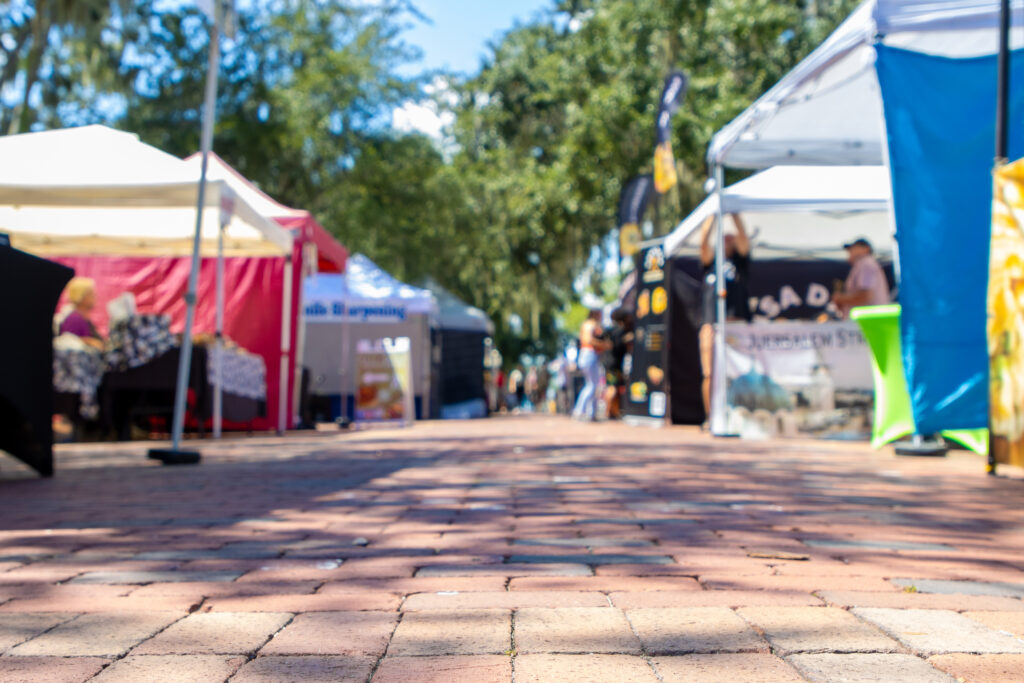A Closer Look: Ben Godar
Take a closer look at the Des Moines Film Society board president

KATHY A. BOLTEN Jul 2, 2020 | 9:34 pm
5 min read time
1,230 wordsArts and Culture, Business Record InsiderEarly in his career, Ben Godar was a journalist working for a community edition of the Los Angeles Times.
During the day he wrote stories out of Burbank and Glendale, and in the evening he pursued a passion for screenwriting.
“I quickly found that writing in the day and writing at night was not going to work out,” said Godar, board president of the Des Moines Film Society, which plans to buy the now-closed Varsity Theater at 1207 25th St.
Godar left journalism and began concentrating on screenwriting while also attending graduate-level courses and teaching college writing and film classes.
While he said he is proud of his screenwriting work, “it really wasn’t finding its way out into the real world.” So when Godar and wife Naura Heiman Godard, an architect, returned to Iowa, he began looking for activities related to films in which to get involved.
In 2015, Godar and a friend started the Des Moines Film Society, a nonprofit organization focused on bringing high-quality films to the metro area and providing film-related education programs and filmmaker support services.
The group announced in May plans to buy the Varsity, renovate it and reopen it in late 2021 as a first-run cinema that will show artistic, foreign-made and specialty films.
The Varsity, which closed on Dec. 30, 2018, is described as the Des Moines area’s oldest single-screen, independently owned movie house. The group was successful in its efforts to have the city of Des Moines designate the Varsity as a landmark, a move that will help in obtaining historic preservation tax credits.
Plans for the building include enlarging and modernizing the lobby and concession areas and adding a “micro-cinema” to the second floor. Renovations will also include adding an elevator and accessible restrooms. The Des Moines Film Society’s offices will be housed in the building when the renovations are completed.
“We are really intent on preserving [the Varsity’s] function as a cinema, serving the community as it has for 80 years,” Godar told a city board recently.
We recently caught up with Godar.
How did you get involved with the Des Moines Film Society?
After we moved to Des Moines [from Los Angeles], I was looking for a little bit of refocus in terms of what I was doing, and specifically something a little bit more connected to Des Moines. This was right around the same time that my friend Andy Brodie – he co-founded Film Scene in Iowa City – approached me and said he thought it would be cool to do something similar in Des Moines. He and I together formed the Des Moines Film Society and then he ended up meeting a woman and moving out to New York.
What is the main focus of the Des Moines Film Society?
As we looked around, we saw all these really vibrant organizations. The music coalition focused on the music scene; the various arts organizations focused on the fine arts. But there was nothing specific to film, and to us, that’s really kind of a need here. The more I investigated it, the more I realized that we needed an organization here that had a mission to grow the film culture.
The two things we targeted specifically were a full-time venue – a cinema – and a festival. Ultimately, we would like to have a weekend festival – a curated festival bringing in really high-quality films from all around the world, with filmmakers in person. Really make it a very big kind of centerpiece event.
Talk a little bit about the decision to buy the Varsity Theater.
I’d have to say, trying to make this happen was almost a no-brainer. We knew that we wanted to operate a full-time cinema venue in Des Moines. People had approached us with possibilities in the past but it didn’t quite seem to be the right fit. The Varsity was different. For one thing, what the Varsity had been doing for decades lines up so perfectly with what our mission is in terms of programming, which is just to grow the film culture in Des Moines. Bring interesting films to Des Moines and give people a chance to see films that they might not have seen otherwise. Now the Varsity isn’t operating anymore; it made sense to pursue buying it.
And while our mission is not explicitly historic preservation, it is a passion of my wife and I. When we lived in Los Angeles, we were both volunteers with an organization called the Los Angeles Conservancy and we worked with the historic theaters committee. They work to preserve some of the historic cinemas in Los Angeles. They hosted some amazing events in some of the spaces.
We saw how great it was to keep these venues and how excited people got when they went into these beautiful venues.
To come back to the Varsity, to fulfill all these things for our organization and to preserve this historic building, particularly in Des Moines, where it’s the last historic operating theater … it dovetails with what we are looking for.
What are the next steps?
The biggest next step for us is fundraising. … We’ve been reaching out to donors and partners. We had originally hoped to launch a big campaign early this summer, but with the whole COVID-19 thing we’ve put a little bit of a pause in that process. We expect later this summer to launch a more public-facing fundraising campaign for us.
I’d be remiss if I didn’t ask you what your favorite film is.
I love so many different kinds of films but I’d have to say “The Apartment” that Billy Wilder wrote. Wilder is such a spectacular screenwriter, and that film, I mean the pieces move like a really fine watch.
What piqued your interest in screenwriting and films?
I’ve always been moved by movies and film and theater and storytelling in general. In college, I was primarily an actor. I acted in a lot of plays at Iowa State. When I was at Iowa State, I started drifting into writing. I started working at the newspaper. I was in a sketch comedy group, so I was just performing and writing the sketches. I wrote a short play and it got produced. Somewhere in there I just found that I enjoyed kind of creating the story, even more than I enjoyed acting it out. So I gravitated that way.
Talk about something you’ve recently produced.
I made a documentary last year called “Birth of the Cy-Hawk.” It was a documentary about the origins of the Cy-Hawk trophy that goes back and forth between Iowa and Iowa State. We premiered that during the week of the game last year and did a little tour around some of the cinemas in Iowa. We’re hoping to have it on IPTV sometime this year, but with everything that’s going on, I’m not sure whether that will happen.
Looking forward, have you thought about the first film you want to show when the Varsity Cinema opens?
We’ve looked at that a little bit. I looked at the first films that played there back in 1938, and they weren’t particularly good. … In the early days of the Varsity, they were almost like second-run or B-type films. So I’m not sure what we would show. That would be a good conversation for us to have.










